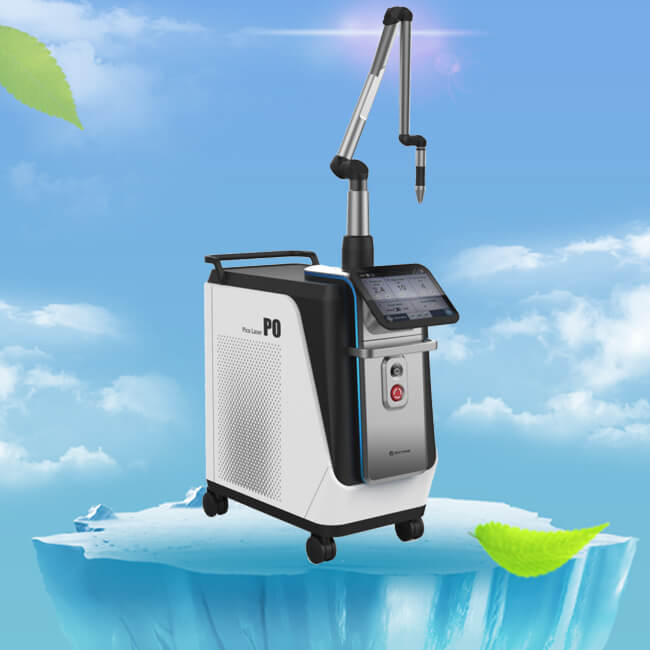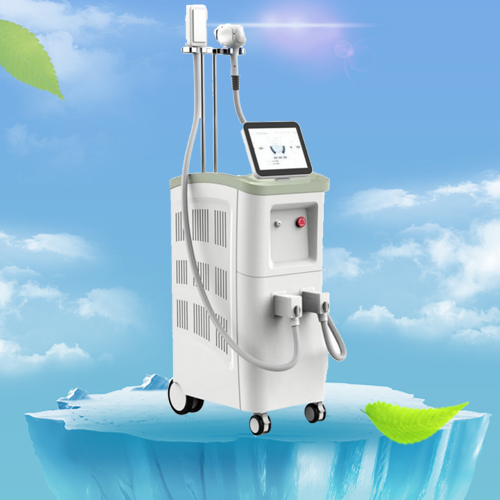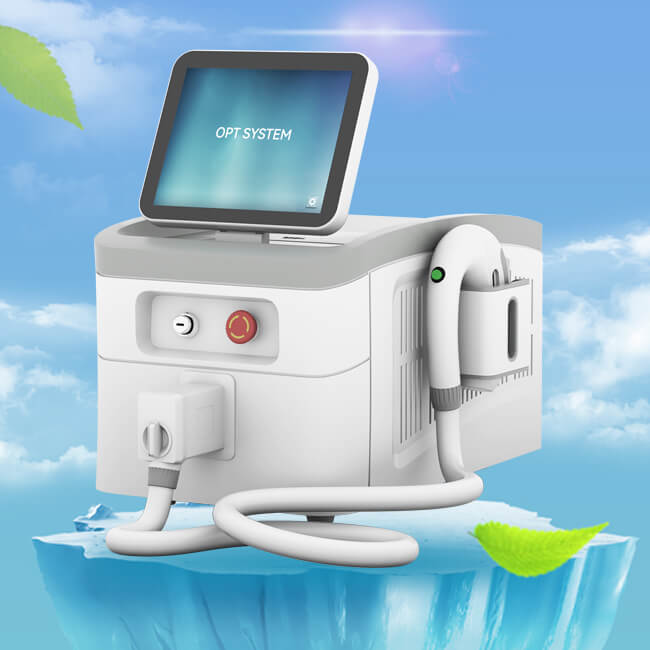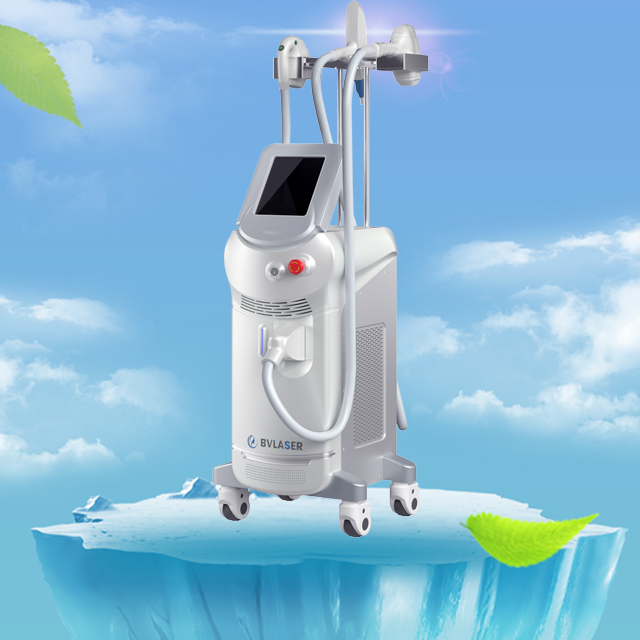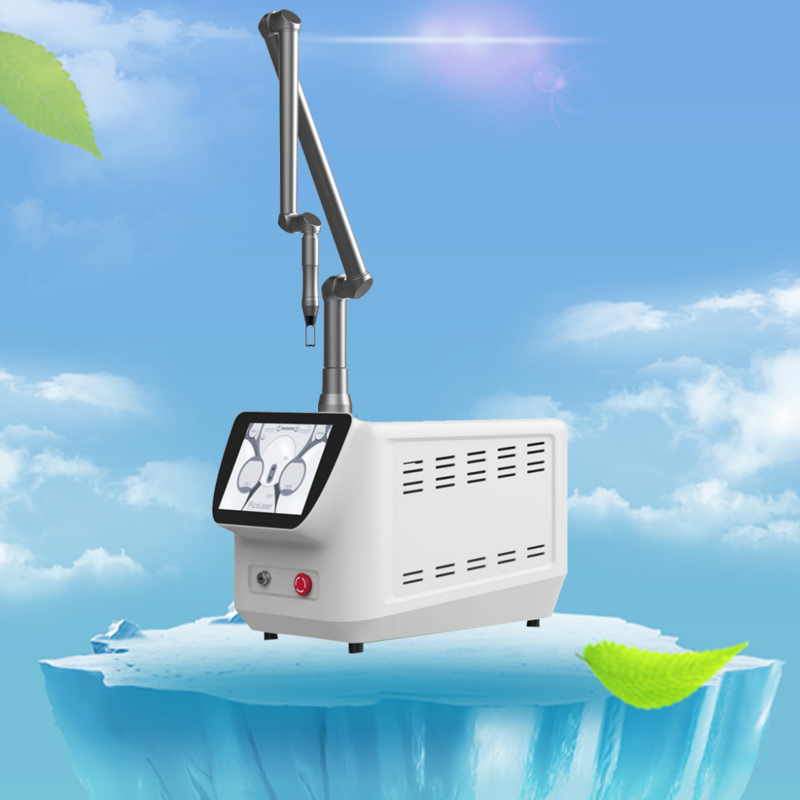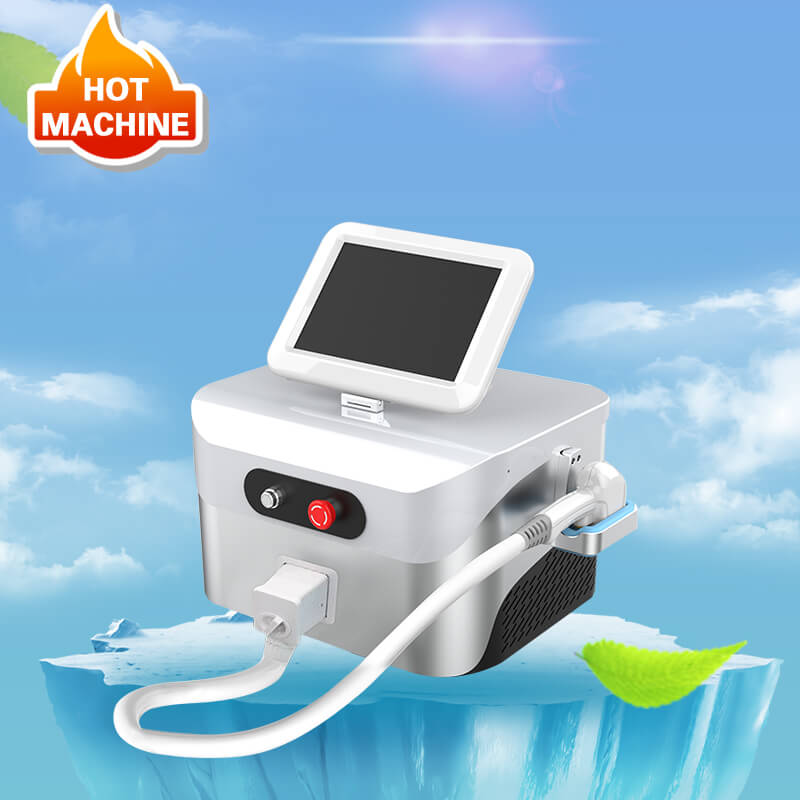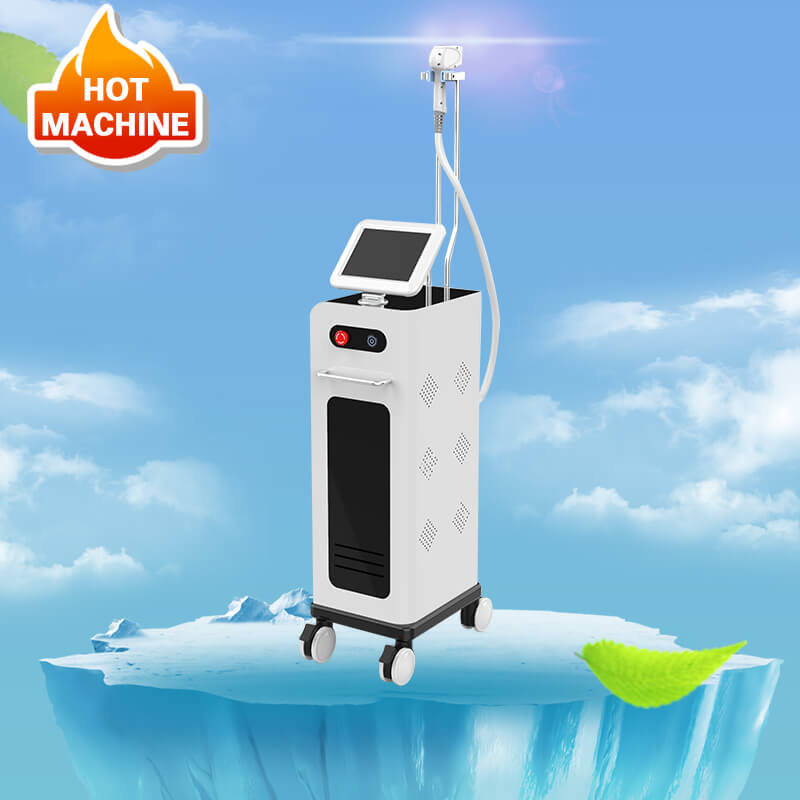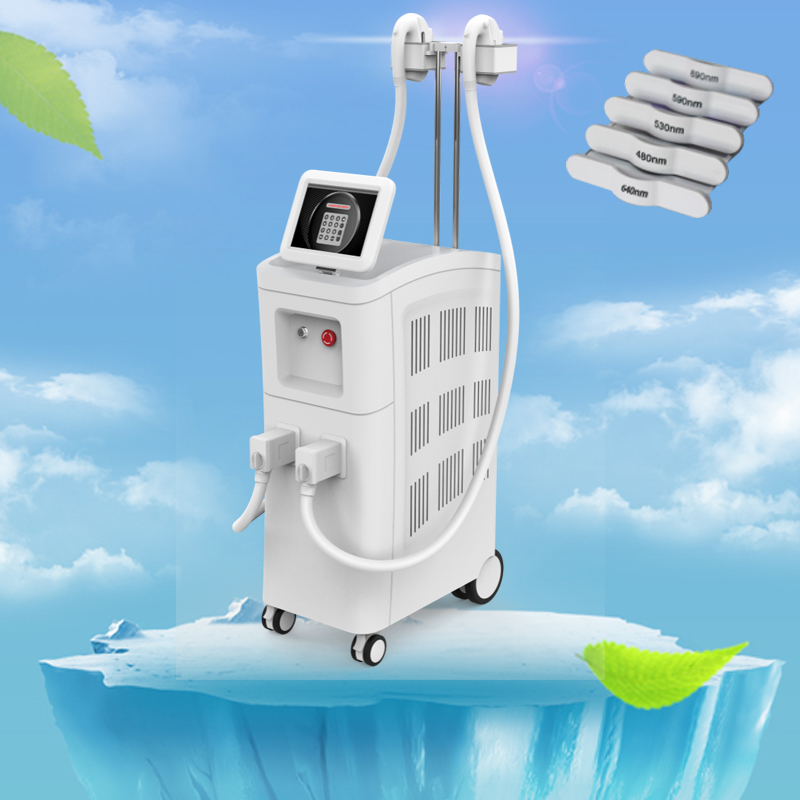Is diode laser hair removal machine treatment permanent
Author:baishilf Time:2024-01-17 15:39:07
Diode laser hair removal machine can emit laser light of a specific wavelength that can be absorbed by the melanin in the hair follicle, so as to destroy the hair follicle and the hair shaft. The best professional laser hair removal machine can result in the removal of unwanted hair completely and permanently. However, the effectiveness of diode laser hair removal may vary depending on the skin type, hair color, and treatment area. Some people may need multiple sessions to achieve the desired results.

What are the side effects of diode laser hair removal?
Some of the possible side effects of diode laser hair removal are:
1. Skin irritation. You may experience temporary discomfort, redness, and swelling after the treatment.
2. Pigment changes. Your skin may become slightly darker or lighter in the treated area. This is usually temporary, but it can be permanent in rare cases.
3. Excessive hair growth. In some cases, diode laser hair removal may stimulate hair growth instead of inhibiting it1. This is more likely to happen on darker skin tones.
4. Skin damage. If the procedure is not done properly or if you expose your skin to the sun too soon, you may develop blisters, scars, or changes in skin texture.
These side effects are uncommon and usually mild, but you should consult a dermatologist before and after the laser hair removal treatment to minimize the risks and get the best results.

How long does diode laser hair removal last?
The most effective laser hair removal machine is a type of laser hair removal that permanently reduces hair growth by destroying the hair follicles with a specific wavelength of light. However, it does not remove all hair completely, and some hair may regrow over time, although it will be finer and less noticeable.
The number of sessions required to achieve optimal results varies depending on the individual’s hair and skin type, as well as the area being treated. On average, it takes between seven to ten treatments scheduled at least four to six weeks apart to achieve permanent results with diode laser hair removal. After that, you might have to get a touch-up once or twice every year to maintain the results.
Diode laser hair removal is considered a “gold standard” for hair removal, as it is effective for all skin types, including dark skin. It can also treat more hair and skin types than IPL (intense pulsed light) hair removal, which uses a broad spectrum of light that is less selective and may cause more side effects.
What is the difference between diode laser and other types of lasers for hair removal?
The difference between diode laser and other types of lasers for hair removal is mainly in the type of light they use to target the hair follicles. Diode laser hair removal uses a single wavelength of light that is more focused and precise, while other types of lasers use a broad spectrum of light that is more scattered and less selective. Here are some of the advantages and disadvantages of each method:
Diode laser hair removal is more effective for permanent hair reduction and pigmentation removal, especially on darker skin types. It can also treat more hair and skin types than other types of lasers, such as Alexandrite or Ruby. However, diode laser hair removal may require more sessions and be more expensive than other types of lasers.
Other types of lasers, such as Nd:YAG or IPL, can be more versatile and can address a wider range of skin concerns, such as tattoo removal, skin rejuvenation, and textural irregularities. They can also stimulate collagen production, improving skin tone and texture. However, other types of lasers can be less effective on darker skin types and lighter hair colors, and may cause more side effects such as burns or pigmentation, especially if integrated cooling is not used.
Ultimately, the best method for you depends on your skin type, hair color, and individual preferences. Before using any diode laser or other type of laser hair removal machine, it is advisable to consult a dermatologist to determine the best treatment plan for your skin and hair type. I hope this helps.





